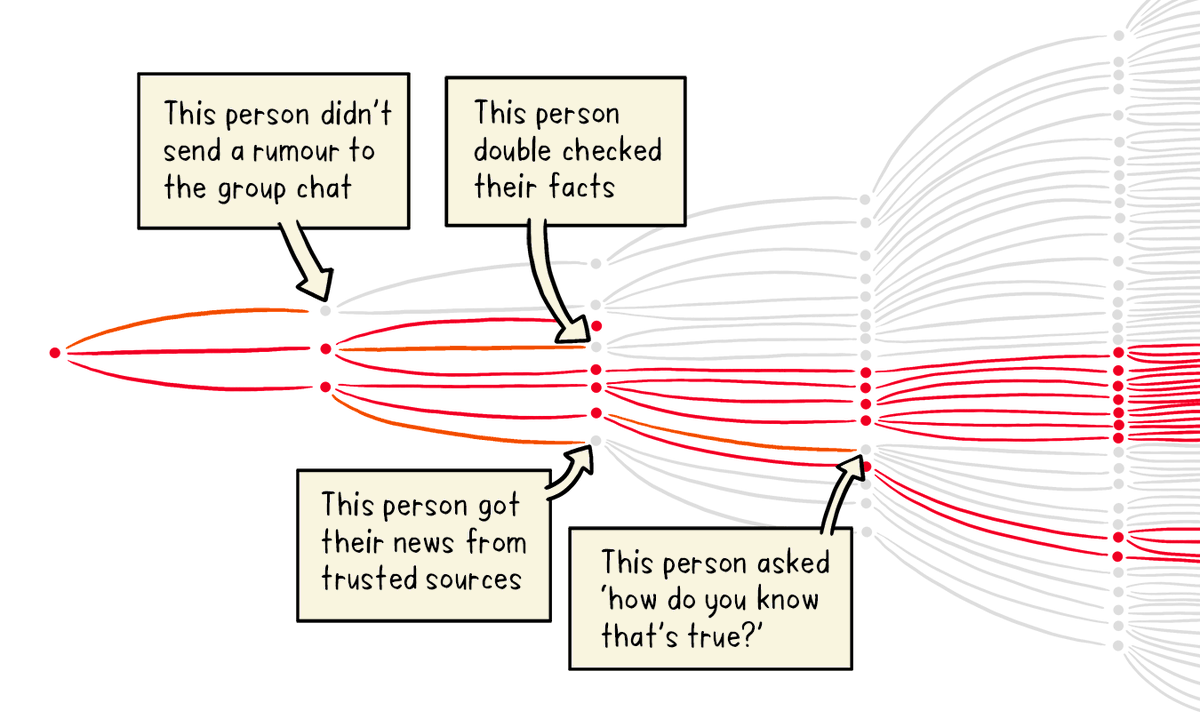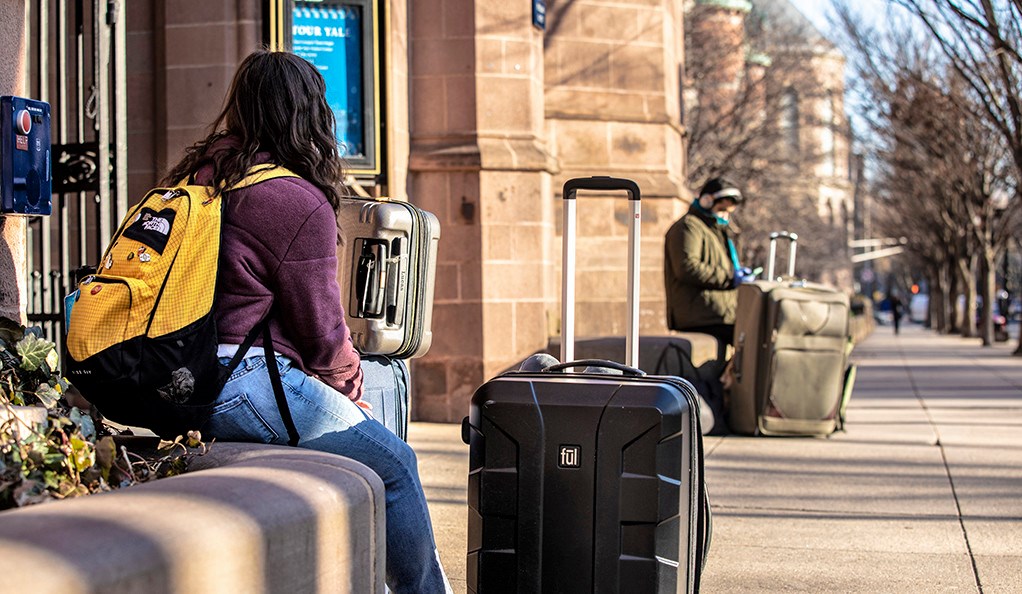
1/ Q: Any “information hygiene” tips for tomorrow?
A: Don’t expect resolution on election night. Fact-check (!!!). Take a purposeful pause prior to sharing information.
A: Don’t expect resolution on election night. Fact-check (!!!). Take a purposeful pause prior to sharing information.

2/ Tomorrow’s going to be a rough day on the information frontlines. How can we prepare? Knowledge is power, and here’s what the experts* want us to know:
npr.org/2020/10/31/929…
npr.org/2020/10/31/929…
3/ 1️⃣ Brace for the possibility that we won’t know the winner for a while.
Some states’ laws allow for early processing of mail-in ballots, while others’ don’t. Differences in reporting are the result of FEDERALISM – not fraud. We should celebrate the slow lane, not disparage it.
Some states’ laws allow for early processing of mail-in ballots, while others’ don’t. Differences in reporting are the result of FEDERALISM – not fraud. We should celebrate the slow lane, not disparage it.
4/ 2️⃣ Recognize early exit poll data for what is it – a wildly inaccurate guess.
Exit polls can mislead even in the best of times. The famed polling website FiveThirtyEight “won’t be covering exit polls much at all, at least not on election night.” 53eig.ht/2TP2aFa
Exit polls can mislead even in the best of times. The famed polling website FiveThirtyEight “won’t be covering exit polls much at all, at least not on election night.” 53eig.ht/2TP2aFa
5/ 3️⃣ Stay vigilant about taking in and sharing out (mis)information.
Our brains are swimming in a soup of uncertainty and anxiety – making each and every one of us vulnerable to believing & spreading inaccurate or misleading information.
Our brains are swimming in a soup of uncertainty and anxiety – making each and every one of us vulnerable to believing & spreading inaccurate or misleading information.
6/ How can we avoid unintentionally propagating the “infodemic?” By fact-checking our info (Google Fact Checker tool is great).
toolbox.google.com/factcheck/expl…
toolbox.google.com/factcheck/expl…
7/ And by taking a pause prior to sharing out information…..an approach backed by experimental evidence.
When in doubt, do as Daniel Tiger does and “take a deep breath….and count to four.”
misinforeview.hks.harvard.edu/article/pausin…
When in doubt, do as Daniel Tiger does and “take a deep breath….and count to four.”
misinforeview.hks.harvard.edu/article/pausin…
8/ In conclusion, stepping away from the news until polls begin closing at 6 pm EST may be the safest & sanest approach. But if that’s not possible then be sure to rely on a trusted source. We like the AP election hub site: apnews.com/hub/election-2….
#uncertainty #misinformation
#uncertainty #misinformation
• • •
Missing some Tweet in this thread? You can try to
force a refresh





